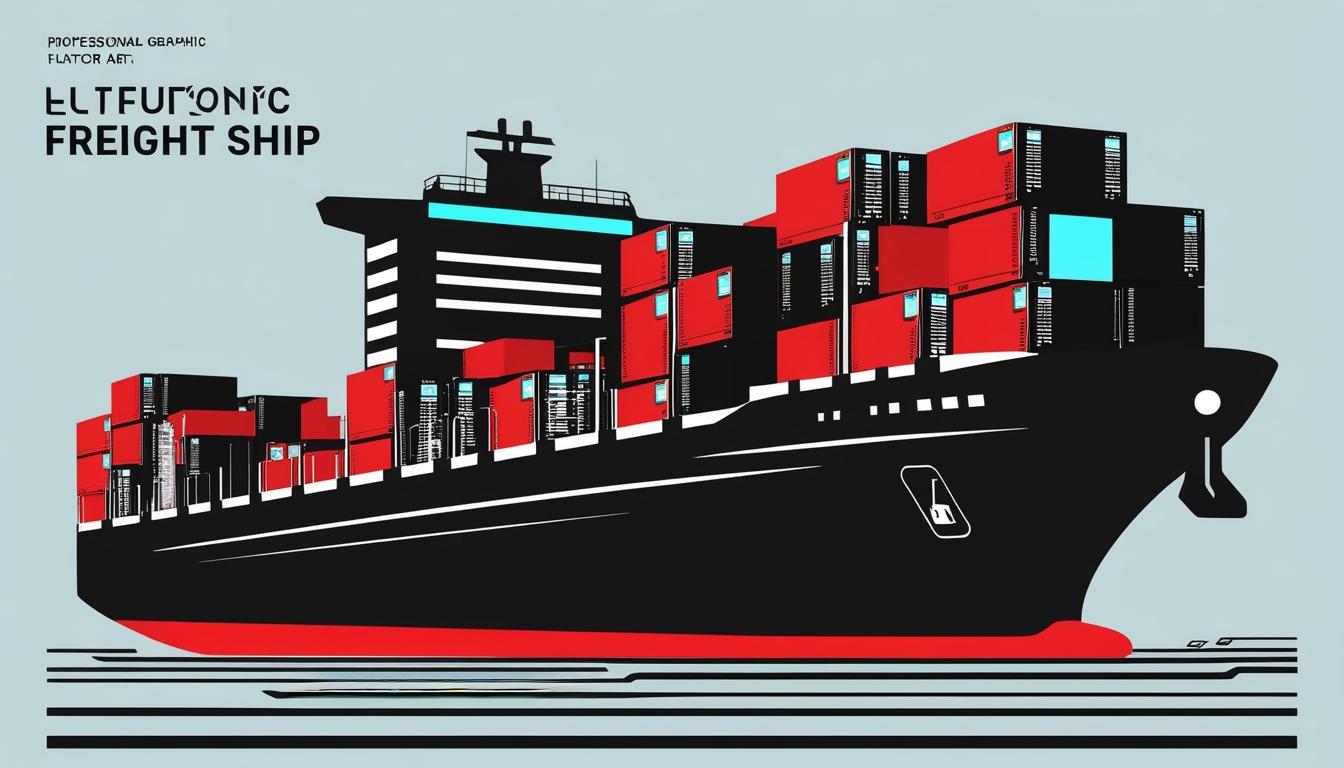The Freight Forwarding and Logistics sector underwent significant evolution during 2024, characterised by digital innovation, strategic mergers, and a renewed focus on sustainability amidst ongoing global challenges.
In a prominent shift towards modernisation, the industry made substantial strides in digital transformation, significantly moving away from traditional methods. Companies increasingly adopted blockchain technology and AI-driven solutions to streamline operations, effectively discarding paper documentation in favour of electronic processes. Leading the initiative, the International Federation of Freight Forwarders Associations (FIATA) launched an electronic bill of lading (eBL), which has been hailed as a pivotal move towards a paperless future within the sector.
Sustainability also took a forefront position in industry discussions as logistics companies prioritised environmental responsibility. Major players such as Maersk and Hapag-Lloyd invested heavily in biofuels and solar-powered warehousing projects, reflecting a growing urgency to minimise carbon footprints. This commitment to green logistics marked what some have referred to as a 'new gold rush' within the industry.
However, the logistical landscape remained complex amidst geopolitical tensions and climate-related disruptions. Events such as droughts and hurricanes posed significant threats to supply chain stability. The interplay between environmental factors and global political unrest necessitated a vigilant approach among freight forwarders as they navigated these challenges.
Consolidation trends surged, with a marked increase in mergers and acquisitions across the sector. Notable transactions included CMA CGM’s acquisition of Bolloré and CVC’s purchase of Scan Global Logistics, exemplifying a wave of smaller freight forwarders being absorbed by larger firms. This consolidation frenzy has significantly altered the competitive landscape, reinforcing the adage of 'big fish eating little fish' within the industry.
The surge in e-commerce also influenced logistics significantly, with no signs of abating. Increased consumer demand led to rapid innovations in last-mile delivery services, where autonomous vehicles, drones, and smart lockers became commonplace. The necessity for businesses to adapt to this shifting consumer behaviour underscored the urgency of integrating new technologies to keep pace with market expectations.
As the year closes, the Freight Forwarding and Logistics sector reflects on a period marked by transformation and turbulence. Industry observers are keenly anticipating further developments in 2025 as companies continue to adapt and innovate in an ever-evolving marketplace.
Source: Noah Wire Services
